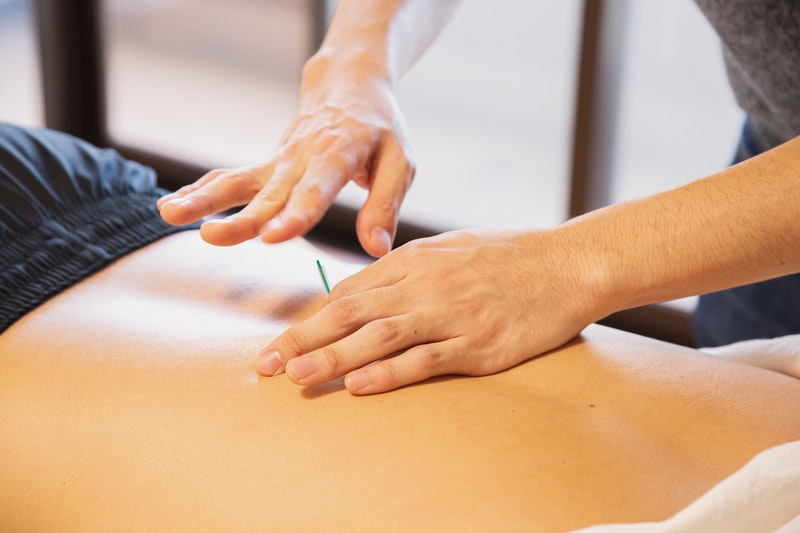Panic Attacks and Panic Disorder
by Counseling and Wellness Center of PittsburghMarch 16, 2018 anxiety, anxiety therapy pittsburgh, cognitive behavioral therapy, counseling, counseling for anxiety, counseling pittsburgh, generalized anxiety disorder therapy pittsburgh, licensed therapist monroeville, licensed therapist pittsburgh, searching for a therapist in monroeville, searching for a therapist pittsburgh, therapist, therapy, therapy for anxiety, therapy pittsburgh, wellness, wellness center monroeville, wellness pittsburgh0 comments
Panic Attacks and Panic Disorder
As many as 4.7% of people will experience a panic attack at some point in their lives, panic disorder is a form of anxiety disorder which can be extremely intense, many times individuals who have a panic attack end up going to the emergency room imagining that the rapid heart beat and dizziness are a heart attack. Symptoms and features of anxiety disorder...Learn MorePhobia Therapy & Treatment
by Counseling and Wellness Center of PittsburghMarch 16, 2018 anxiety, anxiety therapy pittsburgh, counseling, counseling pittsburgh, educational, generalized anxiety disorder therapy pittsburgh, licensed therapist monroeville, licensed therapist pittsburgh, psychology, psychotherapy, therapist, therapist in murrysville, therapists, therapy, therapy for anxiety, therapy pittsburgh, wellness, wellness center monroeville, wellness pittsburgh0 comments
Phobia
A phobia is a fear or anxiety response of heighted arousal, ie rapid heart rate, rapid breathing, and thoughts of intense worry and this most likely leads to avoidance of the situation or object. Some examples of typical phobias are fear of public speaking, fear of choking or vomiting, fear of spiders (arachnophobia), fear of enclosed spaces (claustrophobia), fear of bridges, fear of...Learn MoreTherapy and Counseling, Treatment For Anxiety
by Counseling and Wellness Center of PittsburghMarch 15, 2018 anxiety, anxiety therapy pittsburgh, Certified Nutritionist, clinical herbalist, cognitive behavioral therapy, counseling, counseling for anxiety, counseling pittsburgh, generalized anxiety disorder therapy pittsburgh, licensed therapist monroeville, licensed therapist pittsburgh, mindfulness, Nutrition Counseling, Nutritionist, therapist, therapist in murrysville, therapy, therapy pittsburgh, wellness center monroeville, wellness pittsburgh0 comments
Treatment for Anxiety
Treatment for anxiety takes many forms, there are generally three main agreed upon and clinically verified methods to manage and reduce symptoms of anxiety. Counseling or Therapy with a licensed counselor or therapist is the first treatment route. The treatment route for this form of help can vary from short term, brief solution-focused counseling interventions as well...Learn MoreAcupuncture, Cupping, Moxibustion
by Counseling and Wellness Center of PittsburghFebruary 1, 2018 acupuncture, acupuncture monroeville, cupping, integrative health, integrative medicine, mindfulness, moxibustion, qi gong, traditional chinese medicine, wellness center monroeville, wellness pittsburgh0 comments
Acupuncture Pittsburgh and Monroeville, PA
Acupuncture
Acupuncture is the insertion of very fine, sterile, single use needles into acupuncture points. The points used are specific to each patient and are individualized based on their Chinese medicine diagnosis and constitution. During your first appointment, we take focused time to do an in-depth consultation regarding the details of your...Learn More
Dr. Zach Truncali, D.C., L.Ac Acupuncture
by Counseling and Wellness Center of PittsburghFebruary 1, 2018 acupuncture, acupuncture monroeville, cupping, gua sha, moxibustion, qi gong pittsburgh, traditional chinese medicine, wellness center monroeville0 comments
Dr. Zach Truncali, D.C., L.Ac, believes that mental/emotional, physical and spiritual health are integrally connected, and that health and wellness is best achieved through an holistic approach. Dr. Truncali utilizes acupuncture, Chinese bodywork, moxibustion, and Qi Gong to correct the body’s imbalances that lead to disease. These treatments facilitate enhanced healing, and promote a greater...Learn More
